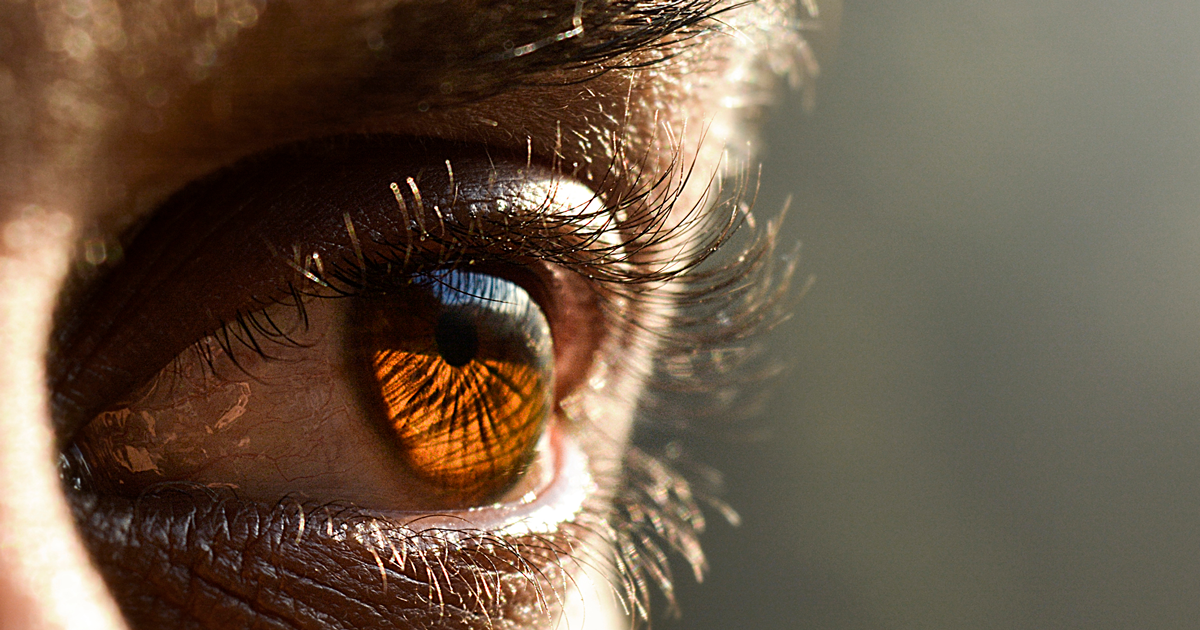
Mr Allon Barsam
Director and Founding Partner, OCL Vision
Ensuring a patient’s eyes are in a healthy condition can lead to better results from cataract surgery.
Cataract surgery is the most common elective surgical procedure in the UK with around 400,000 operations performed every year.
For patients, correctly preparing their eyes for cataract surgery is an important step on the journey to restored vision, particularly if they suffer from dry eyes.
Eye drops, used in advance of the surgical procedure – which generally takes a few minutes and involves removing the clouded lenses and replacing them with new artificial intraocular lenses (IOLs) – can help to ensure better long-term outcomes.
Cataract surgery
Dry eye can be mild and a slight irritation, through to debilitating and severe. Up to 75% of people undergoing cataract surgery may have it in some form.
Mr Allon Barsam, who is an ophthalmic consultant at OCL Vision, says: “Dry eyes can cause a patient to have blurred vision. This can lead to inaccurate selection of the intraocular lenses implanted in the eyes during cataract surgery. It is important to get this right as the lenses are designed to remain in the patient’s eyes for the rest of their life.”
Artificial tears
Various factors cause dry eye, including exposure to air conditioning, dust, sunlight and wind, as well as problems with tear ducts. With COVID-19, there are suggestions that mask wearing, where breath is deflected up into the eyes, may also be a factor.
“All this causes your tear film to dry up and this is why we blink,” Mr Barsam adds. “So, by using artificial tears you are preparing your tear film – essentially preparing your corneas for surgery.”
Leaving dry eyes untreated after surgery will have a negative impact on patient’s quality of vision.
Using eye drops, which are available over-the counter and inexpensive, up to four times a day for a couple of weeks before surgery can help ensure a patient’s eyes are in optimal condition for the optical measurements used to determine the new intraocular lenses.
In addition to creating artificial tear film from eye drops, other solutions to treat dry eyes include warm compression, vitamins and therapies to treat dysfunctional eye lid glands that secrete the oily substance, which is the tear film across your cornea every time you blink.
Treating dry eyes after surgery is also important. “Leaving dry eyes untreated after surgery will have a negative impact on patients’ quality of vision, however, artificial tears can be used as long as needed and are a cost effective way of alleviating dry eye symptoms” concludes Mr Barsam.
AEON Protect Plus, which is indicated for use before and after cataract surgery, contains 0.3% cross-linked sodium hyaluronate, which is a natural lubricant in the eyes. It keeps eyes lubricated for longer.
AEON Repair, which is recommended for use immediately after surgery, contains vitamin A and E, which supports healing of the cornea.





